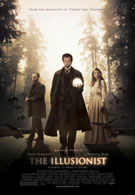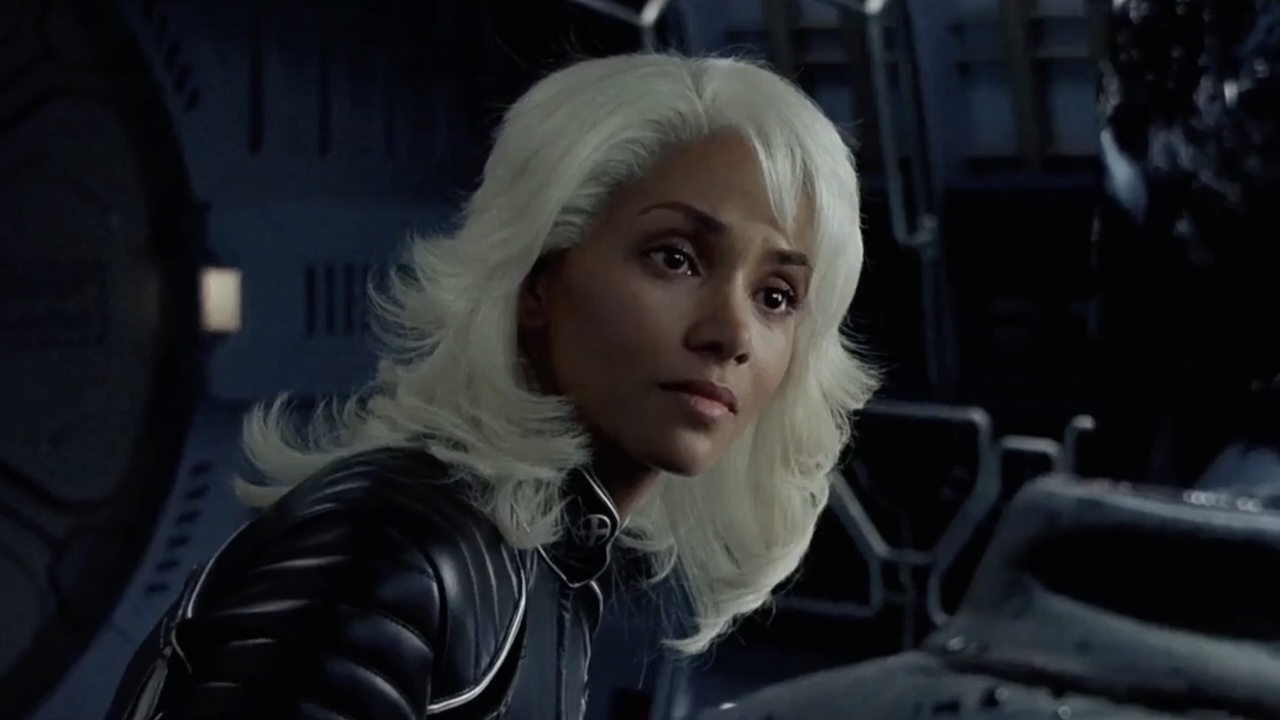Where magic is involved, things are rarely what they seem to be. Take Neil Burger’s latest movie The Illusionist: With a talented A-list cast (Edward Norton, Paul Giamatti) and a strong first half hour, the movie masters the art of blending a period piece setting with supernatural mystique. Then disappointingly, like an overconfident magician, The Illusionist gets too cocky and sloppy with its trickery. The gorgeously told story quickly derails into a series of gimmicks and cheats that make the magical spell go ‘poof’.
It’s a shame too, because it has nearly everything going for it, except a coherent script. The irony is that Pulitzer Prize winner Steven Millhauser wrote the short story “Eisenheim The Illusionist”, which inspired the movie. Writer/Director Neil Burger makes a lot of tweaks and changes, adding several characters including Sophie (Jessica Biel) as a romantic interest for Eisenheim (Norton). A flashback tells us that they were young childhood lovers torn apart by class issues. Flash forward to present time, 1900 Vienna, where he is captivating audiences on stage with magic tricks. One night when he requests a volunteer, he is reunited with grown-up Sophie, who’s skeptical, bad-boy fiancee the Crown Prince (Rufus Sewell) is watching from the crowd.
Once their eyes lock, their childhood flame is rekindled and initially kept under wraps. But the movie makes it clear time after time that the Crown Prince is a bad guy (people say that he has an abusive temper and has killed past girlfriends), so we’re left with no unhappy feelings about Sophie running off with another man and leaving him broken-hearted. The trouble is that this potential lie, among others, is told for our sake to keep us thinking we know the characters and guessing about what will happen next. This is not a clever proceeding; it’s a full-on dupe.
The Illusionist has yet another twist ending that is neither original, nor hard to predict. It’s as though M. Night Shyamalan strolled onto the set, exchanged pages of the script, and then wandered off smiling and patting himself on the back. The film, however, works really well during the set-up and before the threads begin to unravel. When Norton is on stage doing beautiful magic tricks like making an orange seed bloom into a tree, it’s truly mesmerizing and dazzling. The cinematography is eye-grabbing and mystical, like a mesh between Moulin Rouge and a childhood fairy tale. It’s quite a sight to behold, even if the story never catches up with the spectacle.
Norton is the kind of actor that can appear in anything and raise its quality by a few notches. His smoldering glare and old-soul sensibilities blend well together for The Illusionist, and he makes the most of a messy situation. The same cannot be said for Giamatti, who seems aware that he is out of place wearing tight vests in a period setting, chirping lines with a heavy unknown accent. As his character Harvey Pekar asked in the far-superior American Splendor, “What movie could be worth driving 260 miles round trip for?” In short—not this one.
Your Daily Blend of Entertainment News

